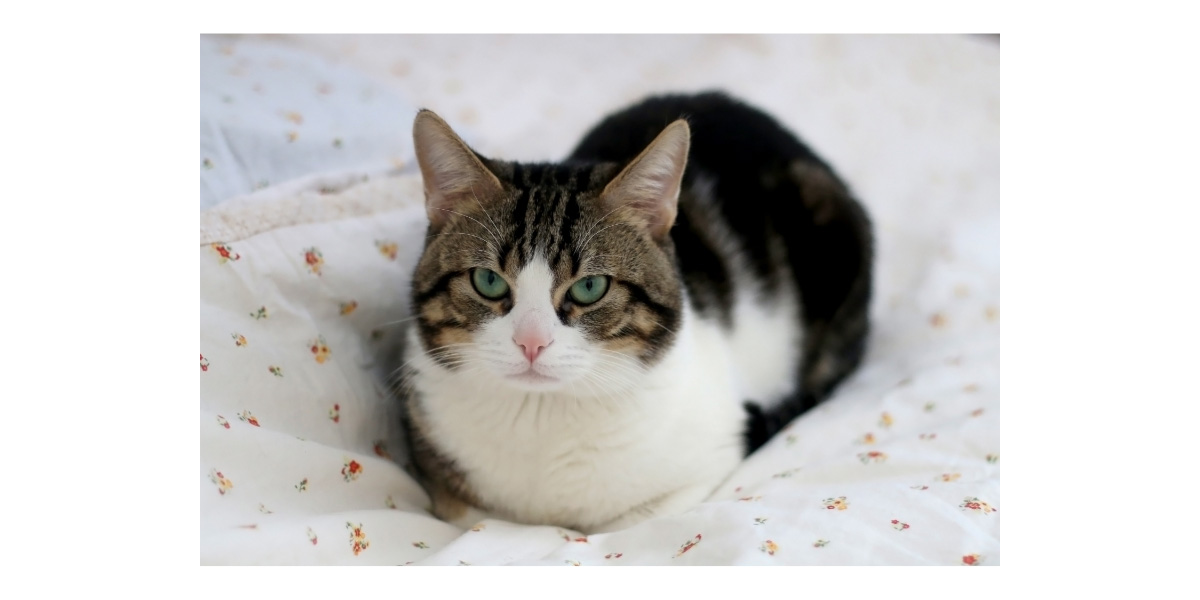
SAVE AN EXTRA $5 - $20 OFFUse code PETS in cart (Exclusions apply)

Save 40% with first AutoShipUse code NEW40 (Up to $40 max. Exclusions apply)

While efforts are made to answer all questions as quickly as possible, if an immediate answer is required or if your pet is in need of urgent or emergency care, contact your pet's veterinarian immediately.

You will receive an answer from Dr. Lindsay and our vet/tech team as soon as possible, usually the same day.
All answers are provided for informational or educational purposes only, and are intended to be a supplement to, and not a substitute for, the expertise and professional judgment of your pet's veterinarian.
It may be necessary to consult your pet's veterinarian regarding the applicability of any opinions or recommendations with respect to your pet's symptoms or medical condition.
Close
An error has occurred, please reload the page and try again.
Close
While efforts are made to answer all questions as quickly as possible, if an immediate answer is required or if your pet is in need of urgent or emergency care, contact your pet's veterinarian immediately.
There is no answer related to your question

Keeping your cat indoors is one of the best choices you’ll ever make for their health and safety. Indoor cats are protected from fighting with other cats, getting hit by a car, and many, many other outdoor dangers. There are a few minor trade-offs when it comes to their cushy, laid-back lifestyle, but they’re easily managed with high-quality indoor cat food. Learn what makes indoor cat food different than regular food and whether it might be the right diet for your cat.
What Makes Indoor Cat Food Different?
Indoor cat food and regular adult cat food both fit the same standards for adult cat nutrition set by the Association of American Feed Control Officials (AAFCO). Both have all of the vitamins and minerals your cat needs.
The sedentary lifestyle of an indoor cat means they usually burn few calories than outdoor cats. It’s also common for indoor cats to have 24/7 access to food if they’re free-fed. Constant snacking on dry food and little exercise commonly lead to excess weight gain and obesity.
Indoor cat food typically has fewer calories than “regular” adult cat foods. Even when on reduced calorie food, cats that are overweight or prone to weight gain should be fed at scheduled meals, rather than free-fed so you can accurately monitor their caloric intake.
Why Your Indoor Cat Might Need Hairball Control
Besides the lower caloric density, indoor cat food recipes are also formulated with ingredients that help control hairballs.
Cats that spend time outdoors usually shed the most as the seasons change. Indoor cats are more likely to shed year-round, which could be why they’re more likely to cough up hairballs.
Indoor cats may also spend more of their day grooming because they’re not occupied by “outdoor” activities like searching for food and running away from predators.
The higher fiber content in indoor cat food formulas can bind to loose hair in the stomach before it can form hairballs, then sweep it through the digestive tract.
If your cat still hacks up hairballs despite eating an indoor cat hairball control cat food, make an appointment with your veterinarian to find out if they might have an underlying health issue or need other digestive support.
When To Start Feeding Indoor Cat Food
If your cat eats a regular adult or all-life-stages cat food and they’re at an ideal weight, there’s likely no need to change their diet. However, over half of all cats in the United States are overweight, but pet parents often do not realize it until their cat has become obese. So, chances are your cat may benefit from an indoor cat formula even if they’re not obviously overweight.
Spayed or neutered cats can maintain their weight with around 20-25% fewer calories each day compared to their intact counterparts. You might consider switching to indoor food once your cat is fully grown and has been desexed to prevent them from gaining extra weight.
Are There Alternatives To Indoor Cat Food?
While indoor dry cat food might be a great option for your cat, it’s not the only way to make sure your house-dwelling feline stays in shape. Wet food is typically lower in carbohydrates, higher in volume, and higher in protein than dry cat food, so it can help your cat stay satiated on fewer calories.
Dehydrated, fresh cooked, freeze-dried raw, and fresh raw diet options are also great for cats that need help with weight management. You can even combine different options with your cat’s dry adult or indoor cat food to create a diet that fits their nutritional needs, your budget, and your schedule.
 Swipe
Swipe